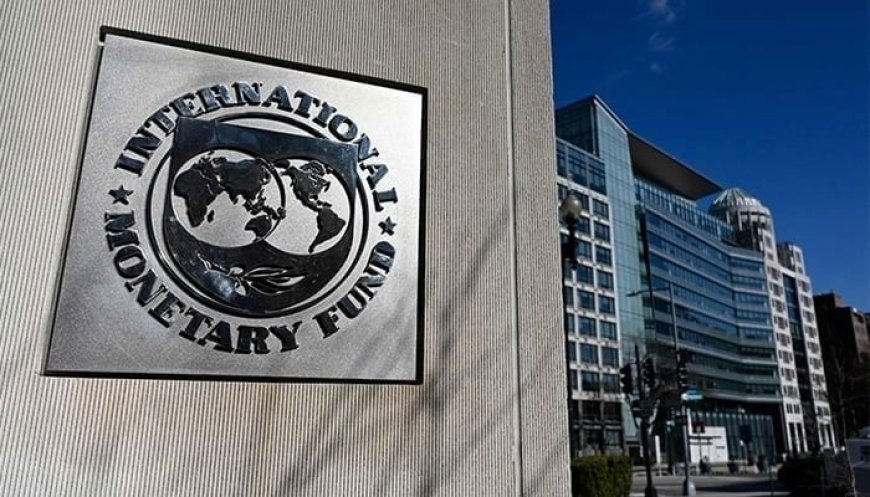Govt weighs 'mini-budget' or spending cuts ahead of IMF talks

1. Pakistan mulls strategies for IMF meeting, with FBR advising against tax hikes citing economic recovery
ISLAMABAD: The Shehbaz Sharif-led government is gearing up for critical talks with the upcoming International Monetary Fund (IMF) staff mission, aiming to finalize its strategy by this weekend.
If a mini-budget becomes necessary, seven tax hike proposals across different sectors are being considered.
However, the Federal Board of Revenue (FBR) is expected to advise against any tax rate hikes, pointing to signs of economic recovery and easing inflation pressures, according to a report by *The News*.
“The government is set to finalize its strategy this weekend for negotiations with the IMF Staff Mission, led by Nathan Porter, who is scheduled to visit Islamabad from November 11-15, 2024,” senior officials confirmed to *The News* on Thursday.
Pakistani authorities have two options: either to introduce a mini-budget or reduce expenditures to meet fiscal deficit and primary balance targets. The economic managers face a challenge in convincing the government to opt for spending cuts rather than potentially stifling the economy with a mini-budget.
The FBR has already encountered a revenue shortfall of Rs189 billion in the first four months of the fiscal year, which is expected to reach Rs321 billion by mid-year. The FBR is pushing for a revision of the Rs12,913 billion revenue target, citing lower growth in large-scale manufacturing (LSM) and imports. However, the IMF may not be receptive to lowering the target.
Pakistan has committed in writing that if revenue falls short, it will implement contingency measures to increase tax revenues in consultation with IMF staff. If the three-month rolling average revenue falls 1% below target, the following measures may be implemented:
1. Increase advance income tax on machinery imports by 1%, potentially generating Rs2 billion monthly.
2. Increase advance income tax on industrial raw material imports by 1%, with an estimated Rs3.5 billion monthly.
3. Increase advance income tax on raw material imports by commercial importers by 1%, potentially raising Rs1 billion monthly.
4. Increase withholding tax on supplies by 1%, with expected revenue of Rs1 billion monthly.
5. Increase withholding tax on services by 1%, estimated to generate Rs0.5 billion monthly.
6. Increase withholding tax on contracts by 1%, expected to bring in Rs0.5 billion monthly.
7. Raise Federal Excise Duty (FED) on sugary drinks by 5%, potentially adding Rs2.3 billion monthly.
These measures could help the FBR generate around Rs20 billion in additional monthly revenue, but this would still fall short of covering the average monthly deficit.
The government faces the challenging task of convincing the IMF to approve alternative corrective measures without the need to announce a mini-budget.


















































